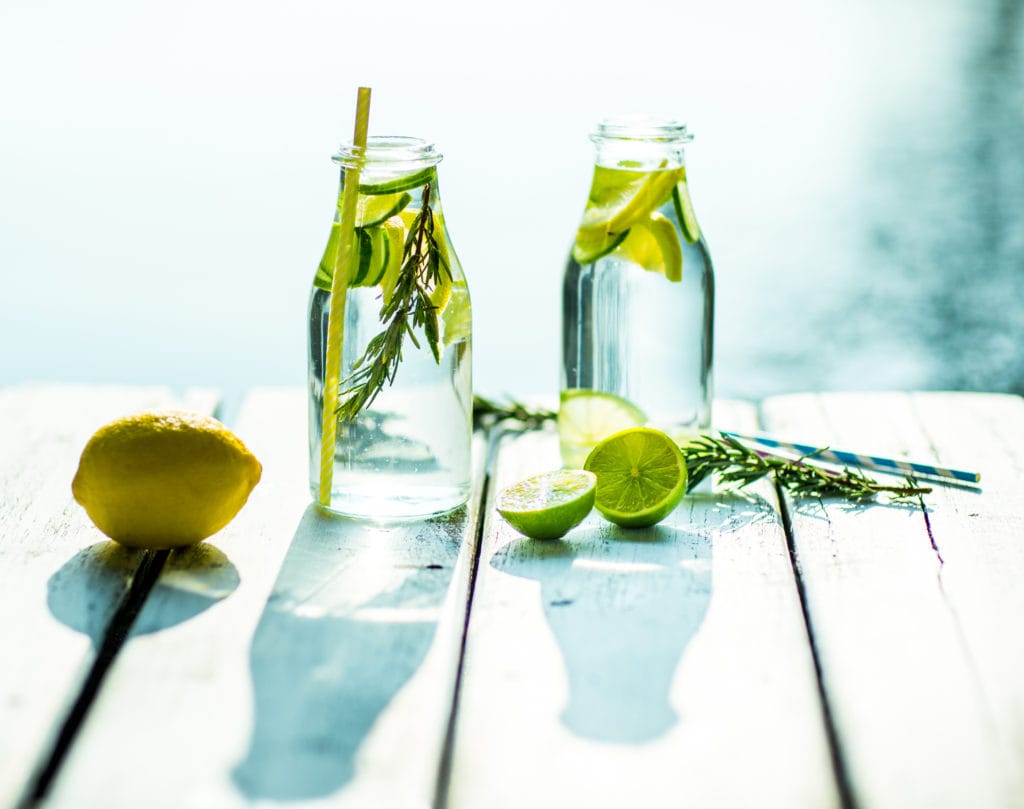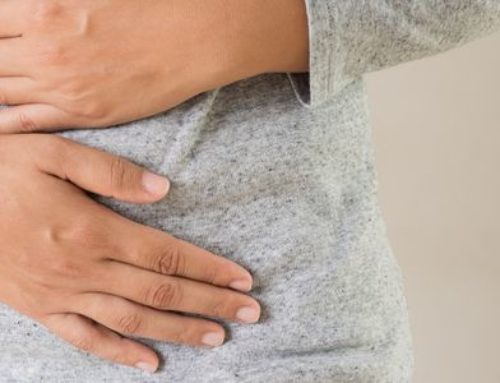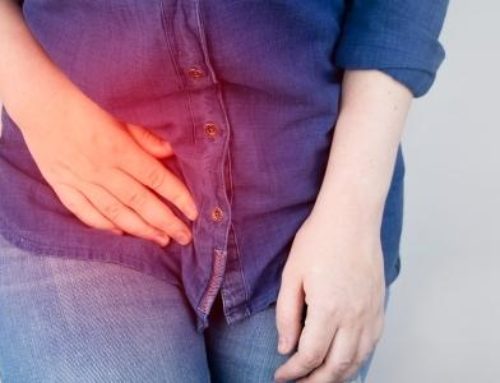
‘What can I drink other than water?’
If you are thinking this, you are not alone! This is a common question when starting the low FODMAP diet.
Staying hydrated is very important. Our body needs fluid to maintain the function of every system! Staying hydrated can prevent: thirst, hunger, dry skin, constipation, tiredness, irritability, mood swings, dizziness and headaches. So in a nutshell: staying hydrated = important.
When you are on the low FODMAP diet, your fluid requirements do not change. Currently, it is recommended that the average Australian male should consume approximately 10 cups of fluid per day and 8 cups per day for females.
It is very common not to notice the ingredient list in the beverages we consume, because we are so focused on the food component of the low FODMAP diet. But it is important to remember, what we drink is just as important as what we eat when it comes to the low FODMAP diet.
Here are alternatives to three common drink mistakes made when following the Low FODMAP diet:
Beverages sweetened with fructose
While you are on the low FODMAP diet, it is best if you avoid/limit beverages containing Fructose. Fructose fits into the FODMAP group, as it is a monosaccharide or the ‘M’in FODMAP.
Fruit juices are the main beverage culprits, especially: apple, pear and watermelon juice.
Instead of buying fruit juices (which most likely will contain Fructose) why not be creative and make homemade juices or smoothies? You could try the following combinations:
- Lemon, ginger and orange juice
- Blueberry, strawberry and lactose-free milk (or soy) smoothie
- Rockmelon and passionfruit juice
- Carrot and orange juice
If this sounds too time consuming for you, don’t stress! You could try:
- Pre-cut and prep the ingredients and place into a zip lock bag.This way you can freeze them in bulk and take one out to defrost overnight, or simply just blend in the morning!
- Bulk blend and add into drink bottles. You could choose one or two combinations, bulk blend and store in the fridge.
Artificial Sweeteners
Most sugar free drinks made with artificial sweeteners will contain Polyols (the ‘P’in FODMAP). For example: sorbitol, mannitol, xylitol and isomalt. Next time you’re shopping, notice the warning signs on some food and beverage packaging containing polyols that states, “Excess consumption can have a laxative effect’. This is because when consumed, polyols can draw excess water into the bowel, resulting in loose to very loose stools.
Alternatively, you could try:
Herbal teas: You could replace soft drinks and cordials with either iced or hot herbal teas. You could even try different herbal tea flavours, to see which you like best. As an added bonus of reducing your sugary drink intake you are: reducing the amount of added sugar in your diet, improving your overall diet quality and improving your dental health!
Infuse tap and/or mineral water: Winning combinations include:
- Cucumber and lemon
- Strawberry and mint
- Lemon and lime.
Caffeinated Beverages
The morning coffee is usually implicated as a trigger of IBS related symptoms. A few studies have investigated whether caffeine causes symptoms, with one study in particular reporting approximately 26-40% of participants with IBS, identified coffee as a trigger for diarrhea-like symptoms. It seems however, that this observation was not only reported in studies investigating individuals with IBS, but also in healthy individuals with no IBS diagnosis.
So what does this mean? When interpreting this information, we need to be open minded, considering most of the studies are observational; meaning no cause and effect relationship can be drawn. But that doesn’t necessarily mean that caffeine has no effect on the gut. Studies have shown caffeinated beverages increases gastrointestinal motility, promoting a laxative like effect.
So should you give up the morning coffee if on the low FODMAP diet? No. There is not enough established research to suggest a blanket recommendation for how much caffeine you can have in a day. Instead, you should work with your dietitian to investigate how to manipulate your caffeine intake in the day to ensure your morning coffee, minus the diarrhea-like symptoms.
Alternatively, you could try:
- Decaffeinated tea and/or coffee
- Replace the mid-morning excuse for a break-coffee, with a herbal tea
- Replace the morning coffee with a homemade juice



